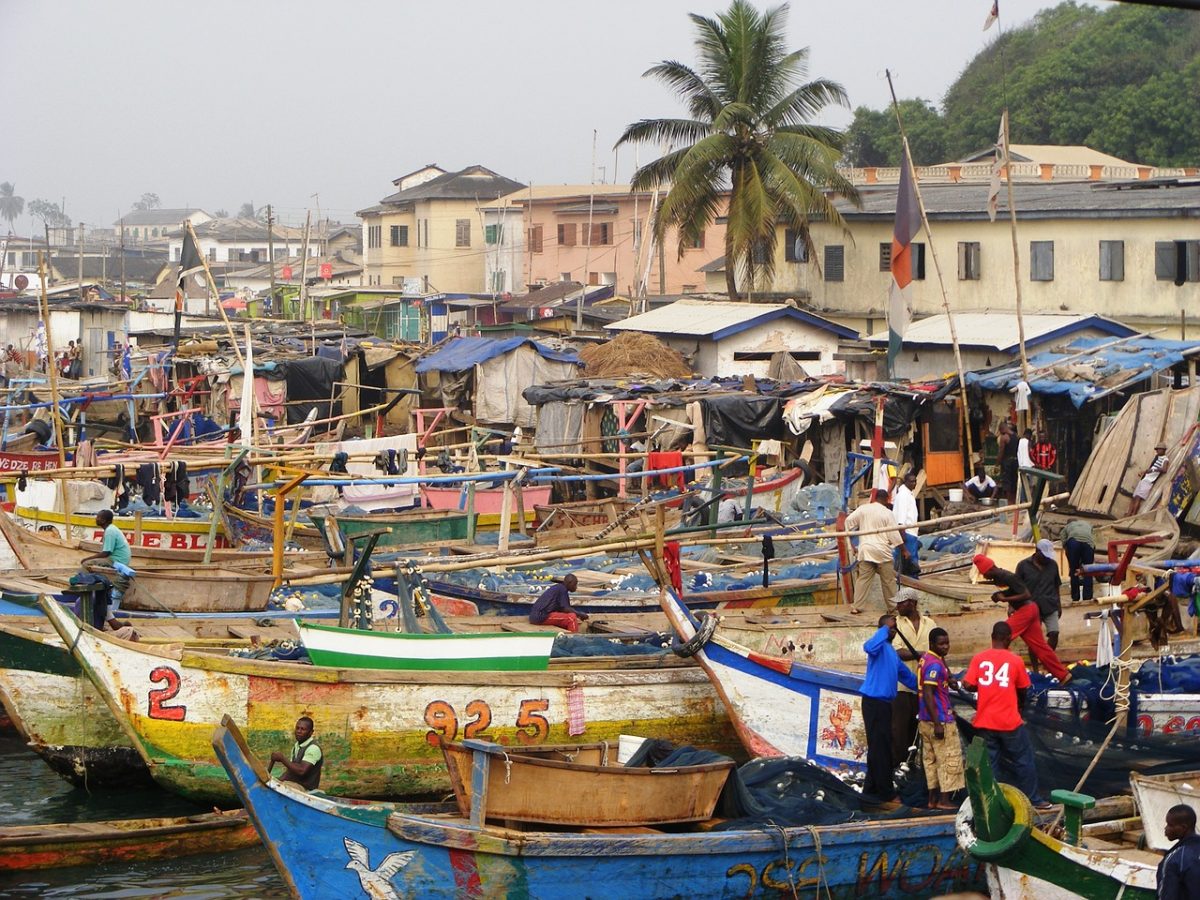Community-led climate adaptation programme forSustainable livelihoods in coastal areas of Volta region of Ghana
HOPE for RURAL HUMANITY-GHANA's project is to address and improve the adaptative responses to climate change faced by coastal fishing communities.


Overview of the project
The Intergovernmental Panel on Climate Change (IPCC) recognizes the Ghana coast as one of the low lying lagonal coasts in Western Africa which is likely to experience severe effects from flooding as a result of rising sea levels; which all may be linked to climate change.
Ghana has similarly been identified as one of the countries in Western Africa least able to cope with rising sea levels and climate change because of limited experience with adaptation techniques (Climate Alert).
Adaptive capacity to climate change is low in Ghana due to limited technological and institutional capability. The proposed pilot action addresses the need to link understanding of adaptation in the context of wider range of vulnerabilities faced by coastal fishing communities with policies to improve adaptive responses. The priority system which is the focus of the proposed pilot action is subject to flooding due to storm surges during the rainy season from the months of May – October each year resulting in communities being submerged for the greater part of this period.
The proposed pilot action addresses the need to linkunderstanding of adaptation in the context of wider range of vulnerabilities faced by coastal fishing communities with policies to improve adaptive responses.
Ongoing research
10/5/2019 - 10/31/2020
. It identifies the specific variables that represent exposures or aspects of adaptive capacity empirically from the community. Focus is on conditions that are important to the community rather than those assumed by the researcher.
ii. It employs the experience and knowledge of community members to characterize pertinent conditions, community sensitivities, adaptive strategies and decision-making processes related to adaptive capacity.
Qualitative checklists are then employed to evaluate adaptation options. The shortlisted options are then prioritized by seeking consensus among the stakeholders.
THROUGH DONOR FUNDING
organisation
The major role of HRH-GHANA in the pilot action is in engaging key policy players and decision makers at the local and national level in the adaptation process through advocacy and outreach. HRH-GHANA will play a major role in organizing the all levels of workshop on climate adaptation.
The objectives are :
– Providing advocacy at all levels of society for good, adequate and responsive social policy necessary for effective social functioning of all citizens especially the disadvantaged.
– Up-holding Promoting and Defending Human Rights of all persons especially women, children, physically disadvantaged and disadvantage minority groups.
– Engaging in direct and indirect interventions which promote the health, education and better living conditions of all citizens in Ghana.
in collaboration



